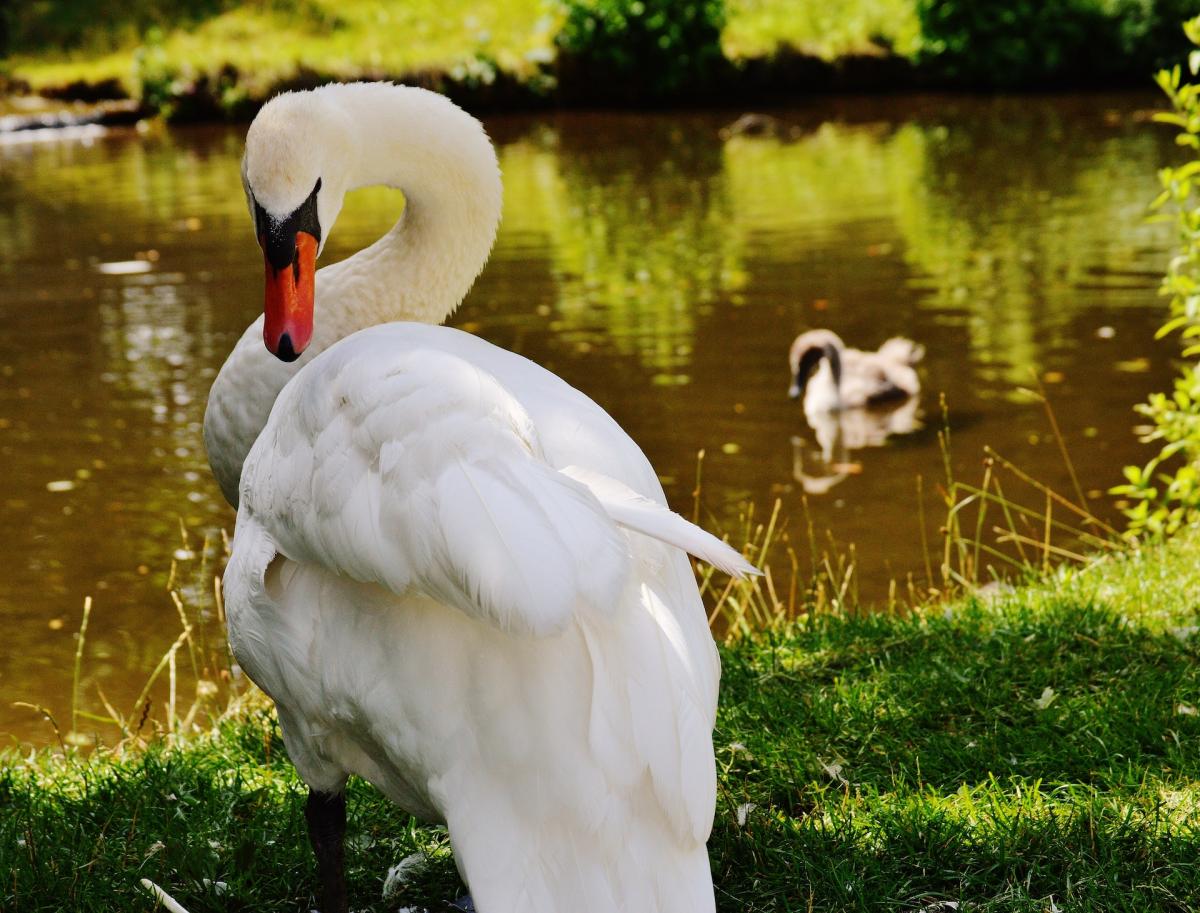“National Housing Order” introduced for bird owners to reduce the threat of avian flu

It is now a legal requirement for all bird keepers in the UK to follow strict biosecurity measures to help protect their animals from the threat of avian flu.
As of Monday 7 November 2022, the United Kingdom’s Chief Veterinary Officer Christine Middlemiss announced the introduction of the “National Housing Order”. The order has been introduced following the largest ever outbreak of bird flu in the UK in 2021, where the highly infectious disease was found on some commercial premises and in wild birds.
This means that bird keepers must keep all birds indoors at all times. This includes anyone in Royal Greenwich who owns any poultry, including chickens, ducks and geese with flock smaller than 500, as well as private aviaries and people who own birds that they keep in their gardens, such as peacocks.
Stringent biosecurity measures to help protect flocks from the disease, regardless of type or size, must also be followed. Keepers with more than 500 birds must restrict access for non-essential people on their sites, workers will need to change clothing and footwear before entering bird enclosures and site vehicles will need to be cleaned and disinfected regularly to limit the risk of the disease spreading.
Despite the increase in avian flu, properly cooked poultry and poultry products, including eggs, are safe to eat.
Councillor Ann-Marie Cousins, Cabinet Member for Community Safety and Enforcement said: “The increase in avian flu in the UK will be very worrying for our local bird owners and keepers. But there are steps you can take to protect your flocks from this horrible disease.
“Please make sure you are following the enhanced requirements to keep all our birds in the borough safe.”
What steps do you need to take?
If you are a bird owner, you need to make sure that you:
- Register your birds
- Keep your birds away from other captive and wild birds
- Prevent contact with wild birds
- Maintain bird houses and sheds
- Fence off or cover standing water and ponds
- Control rodents and pests
- Clean and disinfect housing
- Use clean clothing and footwear, and foot dips
- Limit and control access to your birds
- Keep records of bird movements, deaths and eggs.
Read more about protecting your flock from avian flu.
Signs of bird flu
Birds infected with the most serious strain of bird flu, called highly pathogenic avian influenza (HPAI), usually show some (or all) of the following signs, but some birds can show no symptoms at all.
- Sudden death
- Swollen head
- Closed and runny eyes
- Lethargy and depression
- Lying down and unresponsiveness
- Lack of coordination
- Eating less than usual
- Lethargy
- Sudden increase or decrease in water consumption
- Head and body shaking
- Drooping of the wings
- Dragging of legs
- Twisting of the head and neck
- Swelling and blue discolouration of comb and wattles
- Haemorrhages and redness on shanks of the legs and under the skin of the neck
- Breathing difficulties such as gaping (mouth breathing), nasal snicking (coughing sound), sneezing, gurgling or rattling
- Fever or noticeable increase in body temperature
- Discoloured or loose watery droppings
- Stop or significant drop in egg production.
If you suspect bird flu in poultry or other captive birds, you must report it immediately by calling 03000 200 301. Members of the public can report sick or injured wild birds to the RSPCA by calling 0300 1234 999.
What to do if you find a dead bird
Call DEFRA on 03459 33 55 77 if you find:
- one or more dead birds of prey
- three or more dead gulls or wild waterfowl (swans, geese and ducks)
- five or more dead birds of any species
You do not need to report any other found dead wild birds. Bird flu is not a notifiable disease in wild birds. Do not touch or pick up a dead or visibly sick wild bird.
Disposing of dead wild birds
For disposing of dead wild birds on public land, contact the Council. Do not touch or pick up a dead or visibly sick wild bird on public land. If you find small numbers of dead garden birds at your home (domestic residential property only), follow the strict instructions on bagging them and then you can dispose of them in your household or municipal waste bin, or you can bury them.